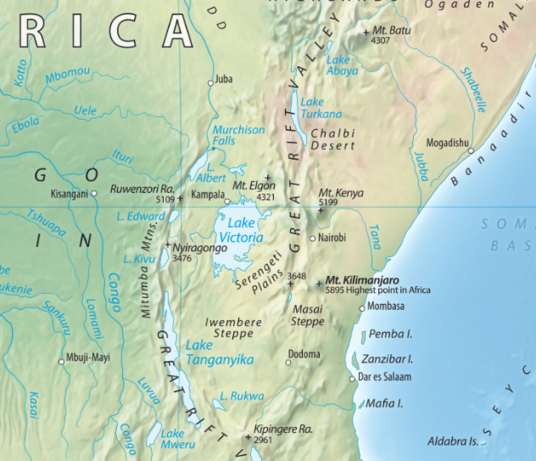
P142_Uganda
Uganda-Austria Collaboration in Algebra and Geometry
Cooperating countries: Uganda and Austria
Coordinating institution: University of Vienna, Balazs Szendroi, balazs.szendroi@univie.ac.at
Partner institutions: Makerere University, Kabale University, Busitema University, Graz University of Technology
Project duration: 1 October 2024 - 30 September 2026
Budget: EUR 40.700
Abstract:
Mathematics is the language and framework underpinning large parts of modern science and engineering. Within mathematics, algebra and geometry are core fields that have been studied for millennia both for their internal beauty and interest, but also as fields applicable to areas such as communication, digital security, spatial modelling, robotics and systems biology. Despite these important potential applications, Africa lags far behind other continents in terms of the number of experts who are able to pursue active research, and provide world-class teaching, in these areas. Recent efforts have started to bear fruit in terms of building capacity by training students to PhD level. However, once young researchers occupy faculty teaching positions, they often become isolated and find it difficult to keep engaged with contemporary collaborative research.
We aim to address this problem by creating a team of collaborators involving senior mathematicians, as well as young researchers, based at different universities in Austria and Uganda. Our research will address contemporary questions at the interface of algebra and geometry, in ring theory and module theory. Unusually for a mathematics collaboration, a majority of our members are female, including two young African PhD holders. The interaction will include bilateral visits and two workshops. As well as core team members, we will include in the project also PhD students, who will be provided with mentoring at a key early stage of their career. Scientific talks and research-focused activities will be enhanced by training in research leadership, PhD supervision skills and advice on grant applications. The collaboration and workshops will not only provide isolated researchers with the opportunity to learn new mathematics, but will also enhance their teaching and research capabilities, and allow them to meet new contacts to explore further potential collaborations.